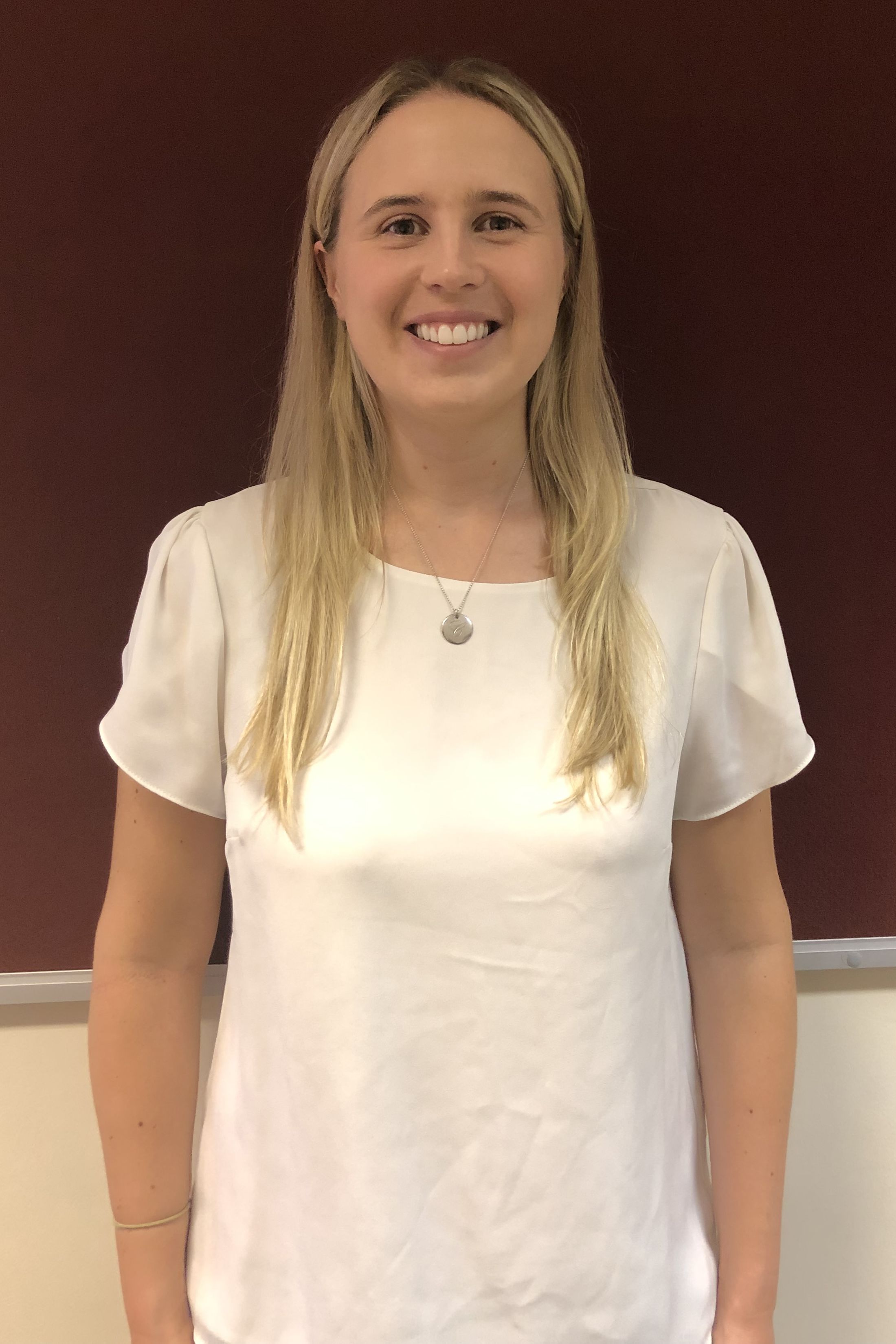

New project will seek to address mental health problems in ‘critical’ first years of life
A new project led by Dr Christine O’Farrelly will aim to develop a tool to identify early mental health needs in very young children, laying the basis for personalised support that could be crucial to improving children’s life chances.
O’Farrelly, a Senior Research Associate at the Faculty of Education, has been awarded a Future Leaders Fellowship by UK Research and Innovation to undertake the work. These highly competitive awards are intended to support “the next wave of world-class research and innovation leaders in academia and business”.
The project, Building a prevention pathway for early mental health problems, seeks to address a long-standing gap between academic projects that road-test potential interventions to promote positive mental health in very young children, and the education and public health services charged with implementing them at scale.
An estimated one in six children in the UK are affected by mental health problems. This not only causes significant distress to both them and their families, but can have a lasting impact on their life chances, by affecting progress at school and in the workplace. There is also a widely-recognised economic impact; the Centre for Mental Health has estimated the financial costs of the adverse effects of mental illness on people’s quality of life at £41.8 billion per year in England.

Many of the factors that shape risk and resilience to mental health problems begin in the first years of life. Children who are more vulnerable at this early stage can be more likely to develop initial difficulties, which can lead to more established problems later on. Strategies which prevent mental health problems as early as possible are therefore critical.
Researchers and practitioners working in this area, however, currently lack ways to identify very young children who are at increased risk of developing mental health problems that will work for both families and professionals. In addition, early childhood programmes that seem to work in controlled research studies often prove less effective when delivered in real-world settings, often because they are too complicated to deliver at scale.
"A structured approach to strengthening mental health in those critical first years of life has huge potential to shape their long-term life chances"
Through her Future Leaders Fellowship, O’Farrelly will lead a project which aims to address these challenges using cutting-edge techniques in epidemiology, data science, and digital healthcare to develop a tool which helps professionals and families to identify mental health needs and resilience in very young children. The project will also draw on evidence from previous studies of potential early interventions, in order to identify which approaches have proven most effective.
“Stripping these programmes back to their most important building blocks will allow us to work together with families and professionals to redesign how they are delivered, so that they fit better into family life, respond to families’ needs and priorities, and are feasible and practical to deliver,” O’Farrelly said.
“This will be done by testing approaches out quickly, figuring out what does and doesn’t work, and adapting the approach based on this learning.”
The ultimate goal of the project is to provide every child who is at risk of developing mental health problems with personalised support early on; which is not only relevant to the challenges facing their families and responsive to their needs, but can realistically be delivered by health providers.
The research will draw on the Faculty’s critical mass of expertise in mental health research and will allow O’Farrelly to work closely with families and professionals, and to develop new relationships with leading partners in academia, industry and Med Tech.
“A structured approach to strengthening mental health in those critical first years of life has huge potential to shape their long-term life chances,” O’Farrelly added. “Thanks to the Future Leaders Fellowship, we are embarking on a project which could help to change children’s mental health significantly for the better.”